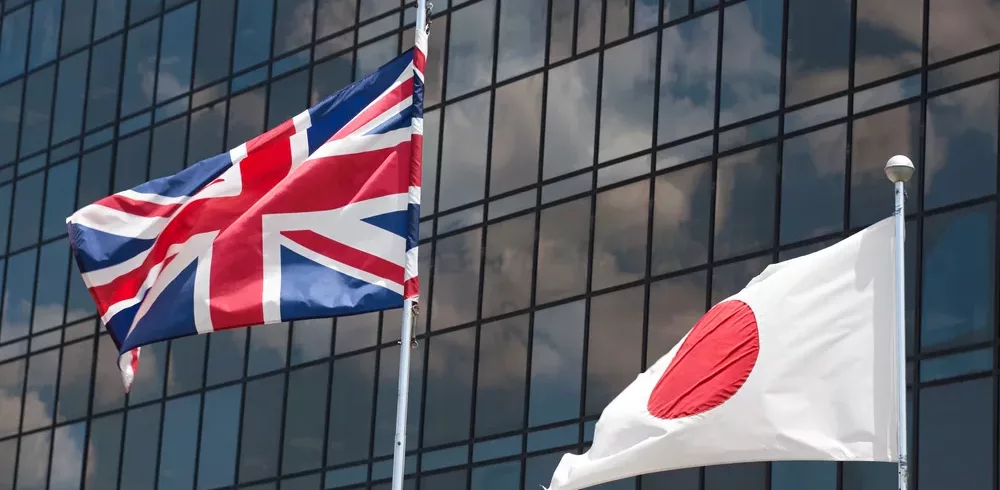Japan Urges UK To Reconsider Brexit : At a time when the UK manufacturing sector remains somewhat ambivalent about the nationâs membership within the EU, a top executive from big-name Japanese automotive manufacturer, Hitachi, has urged businesses to recognise the value of such a lucrative membership body. Commenting on the Brexit debate currently sweeping not just the nation but the globe, Hiroaki Nakanishi, CEO of Hitachi, has described even the contemplation of Britain leaving the EU as both troubling and hard to understand.
He points out that the EU is the worldâs largest trading bloc, adding that Brexit would do nothing to allay anxieties over global solidarity in the face of terrorism and financial insecurity.
Asking, What gain could possibly compensate for these risks to the UK itself?, as Nakanishi does, is undoubtedly a question around which discussions in parliament continue to centre; as media representations have demonstrated, providing a clear-cut break-down of the advantages and disadvantages of Brexit is all but impossible. The inherently tough decision is only made harder by political parties and, indeed, politiciansâ own agendas as they attempt to align with the views of the Great British public.
To have a more independent voice, one which is marred by neither the politics nor the increasingly fragmented national identity of the UK, so confident in his views against Brexit is therefore significant. And those views, Nakanishi points out, are shared amongst the majority of Japanese business leaders.
Japanese business leaders in Britain share the same concerns, as they consider what such an exit from the EU would mean in the long term, he says, Not just for our investments but for the place of the UK in the world, and the importance of its markets, including London, in the eyes of global business operators.
Indeed, Nakanishi is not the first big name from Japan to express uncertainty toward a vote to leave the EU. During a tour of Europe and Russia earlier this month ahead of the G7 summit, Japanese Prime Minister Shinzo Abe warned PM David Cameron that it would almost certainly deter Japanese investors. His comments come after it was revealed that EU trade regulations, by which Britain is currently subject and on which the exports/imports industry relies, would be difficult to uphold should the UK separate itself. Moreover, the development a new, UK standard would not only be incredibly time-consuming and costly to produce but would also be an additional for hurdle which overseas investors and importers would have to jump prior to even tendering. And thatâs without considering the implications for UK exports.
140,000 permanent employment roles in the UK are currently held by Japanese companies. Hitachi is but one; the leading automotive manufacturer is currently working on new rail and nuclear power projects in the UK â its two largest infrastructure projects overseas. The selection of the UK for those projects was directly motivated by the nationâs membership within the EU and, furthermore, the UKâs central position within the EU market. That centrality is not just concerned with the ease of acquisition when it comes to specialist component parts and suppliers, but also skills and knowledge more broadly. Thinking retrospectively, Nakanishi insists, Take away its EU membership, and the investment case looks very different.
Despite all his commendations for the EU, Hitachiâs CEO admits that the body is not perfect; however, he suggests that Britainâs withdrawal would only weaken its potency further and prevent the EU from consolidating its strengths.
And, on the matter of just what the UK adds to the EU that no other country can, Nakanishi emphasises the key role which Britain has played in making the EU market both more transparent and more open through key democratic insight. For Nakanishi and Japanese investors alike, an EU without the UK is rather a different proposition and, likewise, a UK without the EU would warrant some hesitancy.
As the worldâs third largest economy, Japan represents investment opportunities to the UK â on both an import and export basis. And whilst it will ultimately be the British public who decide whether to stay or leave the EU, one can reasonably expect Japanâs insight to inform the decisions of the manufacturing body politic nationwide.
Manufacturing & Engineering Magazine | The Home of Manufacturing Industry News













